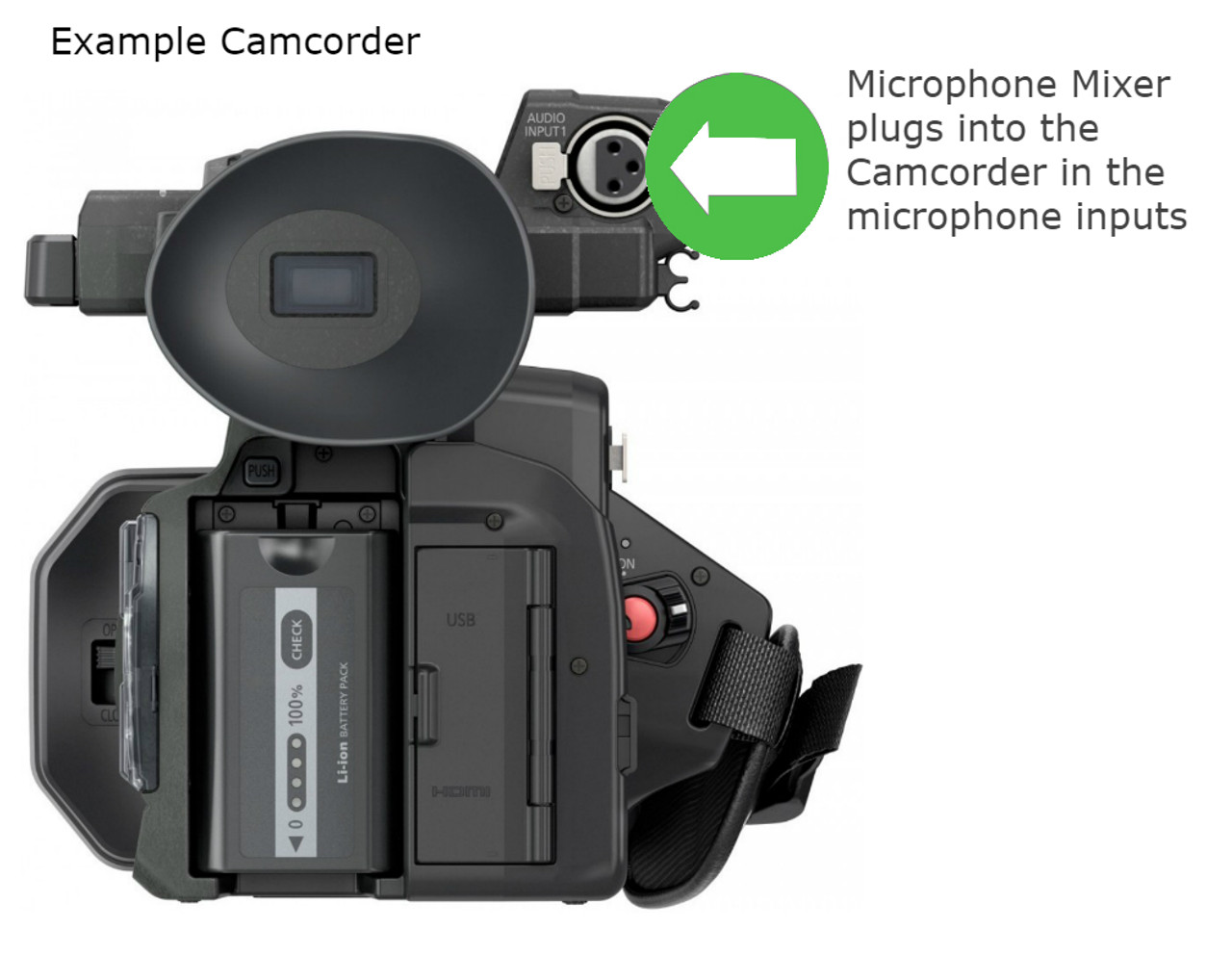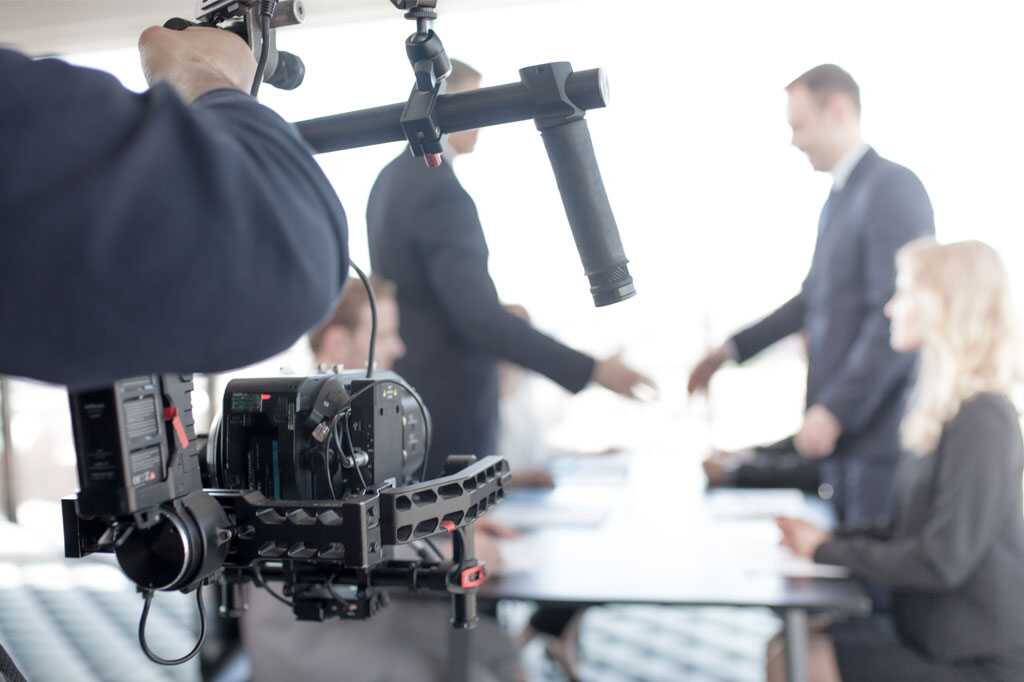Comprehending Lawful Video Depositions: Why They Are Crucial for Your Case
Legal video depositions play a pivotal duty in the litigation procedure. They supply a complete record of witness testaments, recording both verbal and non-verbal hints. This dual-layered insight boosts the understanding of a witness's integrity. Moreover, the ability to conduct depositions remotely has transformed logistical characteristics in lawful process. Nevertheless, there are nuances to successfully using this device. What are the best techniques to ensure video depositions serve their desired purpose?
The Function of Video Depositions in the Lawful Process
Although standard written depositions have long been a staple in lawful process, video clip depositions have actually become a significant device in the lawful process. They give a dynamic option that captures not just the spoken words of witnesses but also their non-verbal signs, such as faces and body language. This complex technique enriches the evidence provided, allowing attorneys and juries to better assess a witness's trustworthiness and demeanor.Video depositions assist in remote participation, making it possible for witnesses to give statement from various places. This flexibility can lower logistical obstacles and associated expenses, specifically when dealing with expert witnesses or individuals that might be hard to transport. In addition, the visual element of video clip can boost understanding of complex situations, making it easier for jurors to follow complex narratives. Video clip depositions play a crucial role in modern legal methods, linking gaps that typical approaches may leave unaddressed.

Benefits of Making Use Of Video Depositions
Video depositions provide countless benefits that boost their energy in lawful process. One significant advantage is the capability to capture spoken and non-verbal hints, giving a more comprehensive understanding of witness credibility and attitude. This aesthetic element can be crucial throughout test, as jurors can observe the witness's body language, expressions, and reactions.Additionally, video clip depositions enable remote engagement, enabling attorneys to take testimony from witnesses that may be inaccessible to appear face to face due to distance or other restrictions. This flexibility can cause an extra comprehensive gathering of evidence.Furthermore, video clip recordings offer as an irreversible record, protecting the testament for future reference, which can be especially valuable in prolonged situations. They can enhance the trial procedure by allowing for the intro of testimony without needing real-time looks, eventually conserving time and resources. These benefits make video depositions a vital tool in modern-day litigation.
Best Practices for Carrying Out Video Depositions
When conducting video clip depositions, it is essential to focus on technological preparation to assure a efficient and smooth procedure. Guaranteeing that all devices-- such as cams, microphones, and lighting-- is operating correctly can stop disruptions. It is suggested to perform a trial run before the actual deposition to identify and solve any type of possible issues.In enhancement to technical facets, establishing a comfortable atmosphere for the deponent is necessary. legal video depositions. This includes minimizing background sound and distractions. Clear guidelines ought to be supplied to the deponent pertaining to the procedure, including how to address inquiries and the relevance of speaking clearly.Furthermore, tape-recording in a professional setup can improve the credibility of the deposition. Lawyers should additionally understand the requirement for appropriate rules during the session, keeping a respectful disposition while asking questions. Ensuring conformity with lawful laws and privacy problems is vital for a successful video deposition.
How to Incorporate Video Depositions Into Your Legal Technique
Incorporating video clip depositions right into a legal method can significantly improve instance preparation and discussion. Attorneys can take advantage of these recordings to examine witness testaments numerous times, guaranteeing they understand nuances and incongruities. By analyzing body language and singing inflections, attorneys can better examine a witness's reliability and get ready for interrogation. Video depositions serve as compelling evidence during trial, allowing jurors to engage with the witness's temperament and distribution. This can create a more powerful emotional impact than created transcripts alone. Including video depositions into pre-trial activities can likewise affect negotiation negotiations, as opposing events might reassess their placements based upon the toughness of the visual evidence.To optimize performance, legal groups must purposefully pick key witnesses whose depositions are most likely to guide the case end result, ensuring that these recordings are incorporated perfectly right into general test approach and discussion strategies.
Usual Difficulties and Solutions in Video Clip Depositions
While video depositions provide More Info substantial advantages, numerous common difficulties can occur during their execution. Technical concerns, such as bad sound or video clip high quality, can hinder the recording process. To minimize this, attorneys should guarantee making use of dependable devices and conduct a test run before the deposition.Additionally, interruptions in the setting, such as background noise or interruptions, can affect the emphasis of participants. Picking a silent, controlled setting can help reduce these distractions.Another challenge is the possibility for witness uneasiness, which may affect their efficiency on electronic camera. Lawyers can reduce this by preparing witnesses completely and conducting simulated depositions to construct confidence.Lastly, handling time properly is crucial, as video depositions can easily extend beyond intended periods. Carrying out a clear program and adhering to time frame can improve performance. Resolving these obstacles will eventually cause a lot more reliable video depositions.
Regularly Asked Concerns
What Is the Cost of a Video Deposition?
The expense of a video deposition varies commonly, normally ranging from a couple of hundred to several thousand dollars. Variables influencing pricing include area, period, tools made use of, and the experience of the videographer entailed.
How much time Does a Normal Video Clip Deposition Take?
A common video clip deposition typically lasts in between one to three hours, relying on the intricacy of the case and the variety of questions presented. Variables such as witness accessibility can likewise affect the duration considerably.
Can I Use Video Clip Depositions in Arbitrations?

What Tools Is Required for Video Clip Depositions?
For video depositions, essential equipment includes a top quality camera, microphone, illumination, and a laptop read this post here or taping device. In addition, trusted software application for recording and playback warranties clear audio-visual quality throughout the deposition process.
Are Video Depositions Admissible in All States?
